CONTACTAbout UsCAREER OPPORTUNITIESADVERTISE WITH USPRIVACY POLICYPRIVACY PREFERENCESTERMS OF USELEGAL NOTICE
© 2025 Equal Entertainment LLC.
All Rights reserved
All Rights reserved
By continuing to use our site, you agree to our Privacy Policy and Terms of Use.
We need your help
Your support makes The Advocate's original LGBTQ+ reporting possible. Become a member today to help us continue this work.
Your support makes The Advocate's original LGBTQ+ reporting possible. Become a member today to help us continue this work.
On the first day of what is scheduled to be a truncated defense, Prop. 8 proponents sought to portray gays and lesbians as a powerful minority that has colluded with politicians and professional organizations to further its legislative and social agenda.
Kenneth Miller, a professor of political science at Claremont McKenna College in Claremont, Calif., testified that the LGBT community has been increasingly persuasive in American politics, pushing for antidiscrimination laws, adoption rights, federal hate-crimes legislation, and domestic-partnership laws in states like California. Miller defined "political powerlessness" as having "no ability to attract attention of the lawmakers."
When asked by defense attorney David H. Thompson whether the term is applicable to gays, Miller responded, "In my view that's an incorrect assessment. I do believe that gays and lesbians have power."
Miller's testimony was in stark contrast to that of the plaintiffs' expert witness who testified on the subject last week. Gary Segura, a political science professor at Stanford University, concluded from his research that gays lack substantive political power and explained such laws as "attempts to redress discrimination, to ameliorate a disadvantage. ... While it's good to have [these laws], it's difficult to conclude that's a measure of political power in itself."
While defense attorneys had questioned many of the personal pro-marriage equality sentiments of the plaintiffs' phalanx of expert witnesses, plaintiffs' attorney David Boies instead went straight to questioning Miller's expertise itself, accusing him of doing last-minute research on discrimination laws and other gay-related legislation since his original deposition.
Miller admitted he now knew many elements of hate-crimes and
antidiscrimination laws that he didn't know weeks before. And though he
purported to be an expert on discrimination against gays and lesbians,
Miller admitted he was either unfamiliar with or hadn't read the work
of many leading experts in the field -- some who had testified earlier in
the trial.
In his testimony Miller pointed in particular to
federal gains -- namely hate crimes legislation and pro-gay statements by
Obama on the proposed repeal of "don't ask, don't tell" and his support for the
Employment Non-Discrimination Act -- as evidence of political power. (The
Matthew Shepard Act, signed as part of a defense spending bill last
fall, took almost nine years to pass into law; both DADT and ENDA have
seen little legislative movement in recent months.)
Boies
snapped at many of Miller's assertions: "Is there any other minority in
this country that is discharged from the military even when they're
doing a perfectly good job?"
"I'd have to say I'm not aware of any," Miller replied.
In
attempting to prove that gays have been historically subjected to
prejudice and discrimination -- and therefore make up a minority
vulnerable to the whim of the majority -- Boies pressed Miller on his
views on whether gays faced more discrimination today than women and
racial minorities. "Is it really your testimony that you can't tell
whether [women] face more or less prejudice or stereotyping than gays
and lesbians?" Boies asked during one heated exchange.
"I think I'd have to look at it more closely," Miller said.
"OK,
let me leave gays out of the equation and just talk about lesbians
then," Boies said. "Do lesbians face as much prejudice as women plus
more?"
"I would say yes," Miller replied.
In yet
another instance where a defense witness corroborated plaintiffs'
arguments, Boies also grilled Miller on his past academic
writings -- namely regarding the danger of the initiative process in
undermining informed deliberation and consensus-building consistent
with a representative democracy. Miller criticized initiatives in his
previous writing as "unfiltered, direct democratic rule."
Defense testimony continues Tuesday. Frank Schubert, the media strategist behind Yes on 8, is expected to testify.
From our Sponsors
Most Popular
Bizarre Epstein files reference to Trump, Putin, and oral sex with ‘Bubba’ draws scrutiny in Congress
November 14 2025 4:08 PM
True
Jeffrey Epstein’s brother says the ‘Bubba’ mentioned in Trump oral sex email is not Bill Clinton
November 16 2025 9:15 AM
True
Watch Now: Pride Today
Latest Stories
Upstate New York Methodist minister comes out as transgender to congregation during Sunday service
December 03 2025 9:24 AM
Transgender Army vet running for state delegate in red Maryland district is all about showing up
December 03 2025 7:00 AM
7 times Pete Hegseth was the definition of toxic masculinity
December 02 2025 5:46 PM
Man pleads guilty to murder of gay University of Mississippi student Jimmie 'Jay' Lee
December 02 2025 2:32 PM
Florida man partially paralyzed after neighbor allegedly shot him and used anti-LGBTQ+ slurs
December 02 2025 1:30 PM
Queer comedian Cameron Esposito has first baby with wife Katy Nishimoto
December 02 2025 12:49 PM
Trans National Guard employee in Illinois sues Trump over restroom ban
December 02 2025 11:59 AM
Oklahoma University instructor suspended for failing student’s unscientific anti-trans psychology essay
December 02 2025 11:03 AM
Here are all of Trump's political enemies that have been charged or investigated (so far)
December 02 2025 9:52 AM
Trending stories
Recommended Stories for You















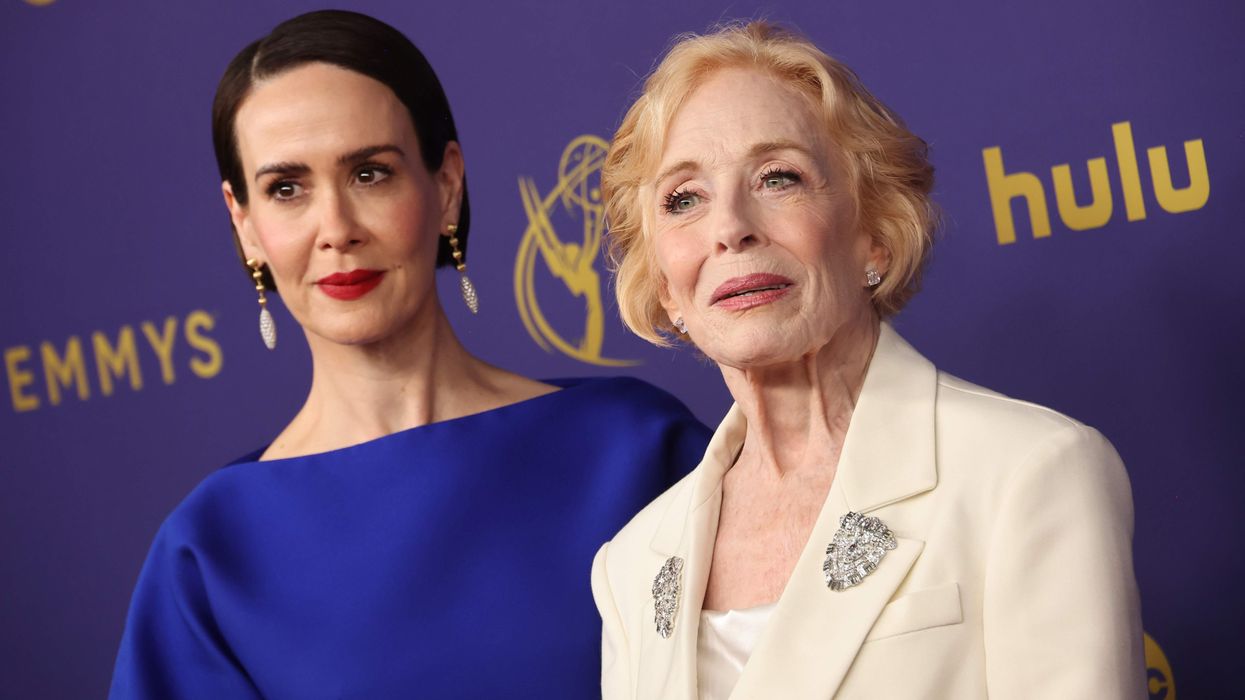

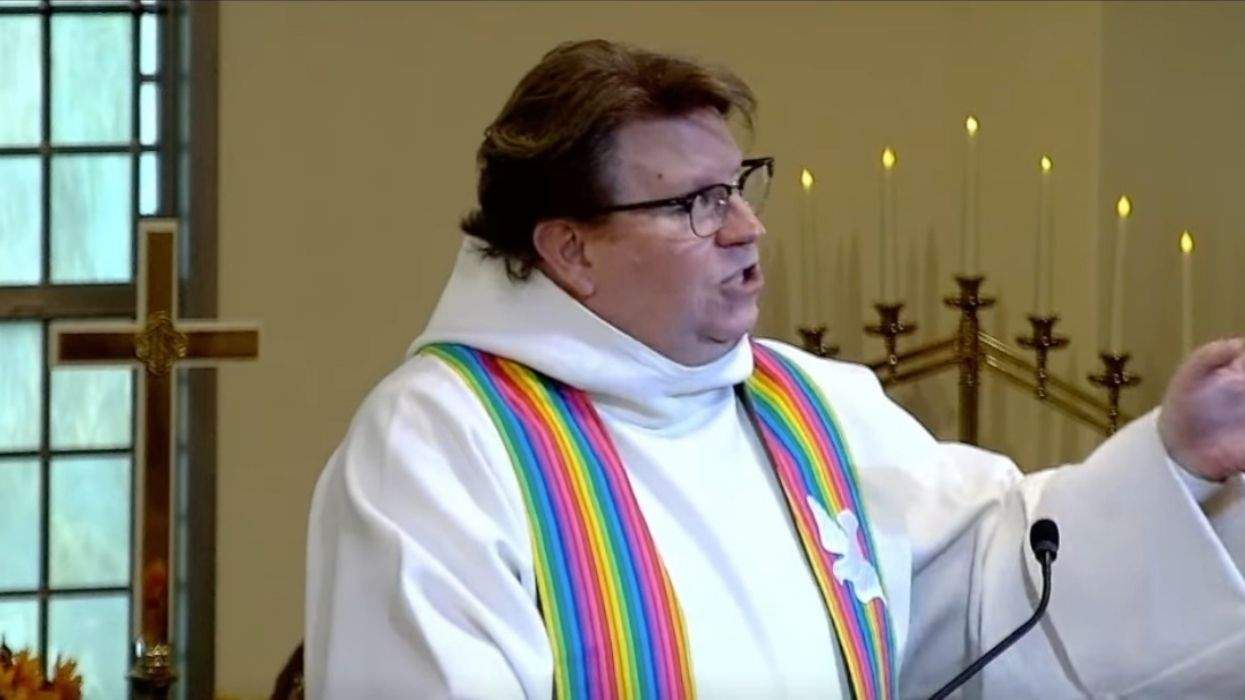


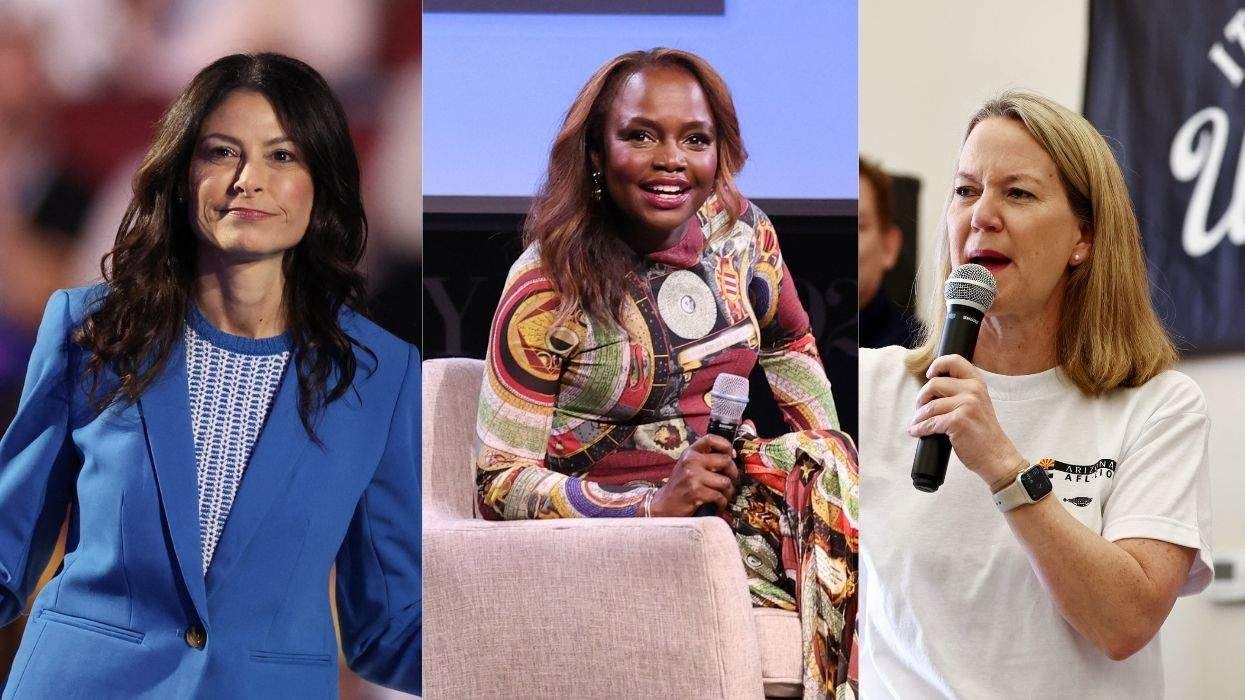



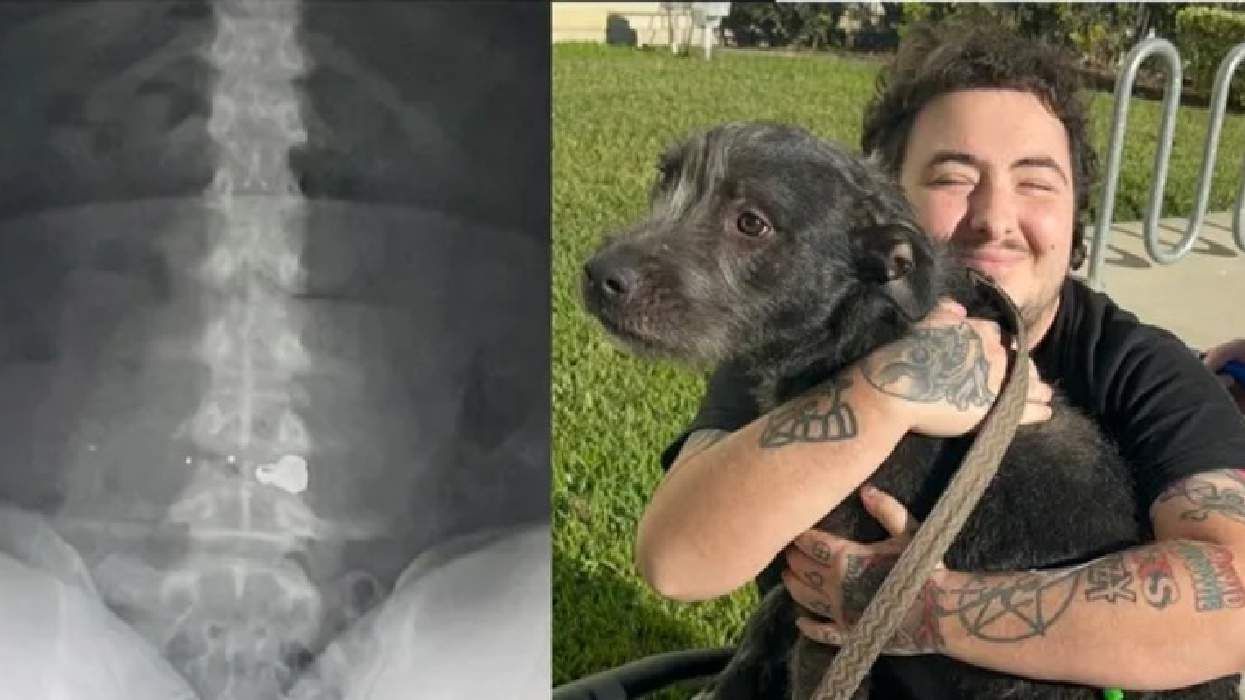

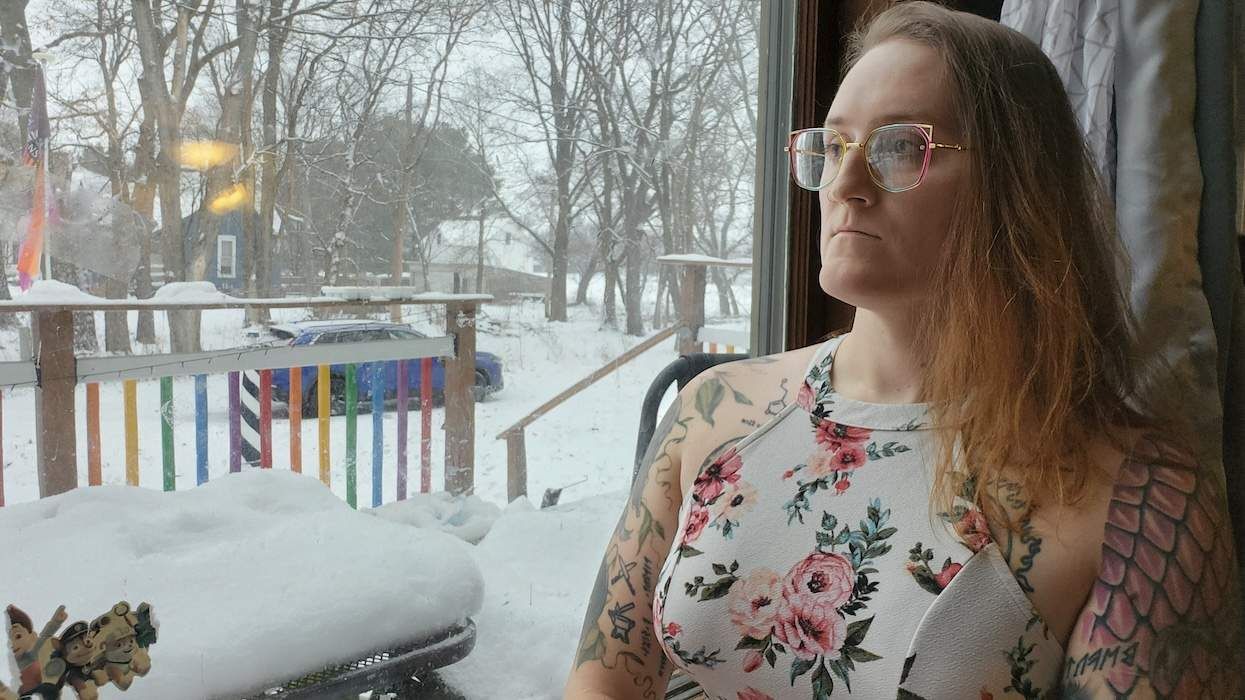

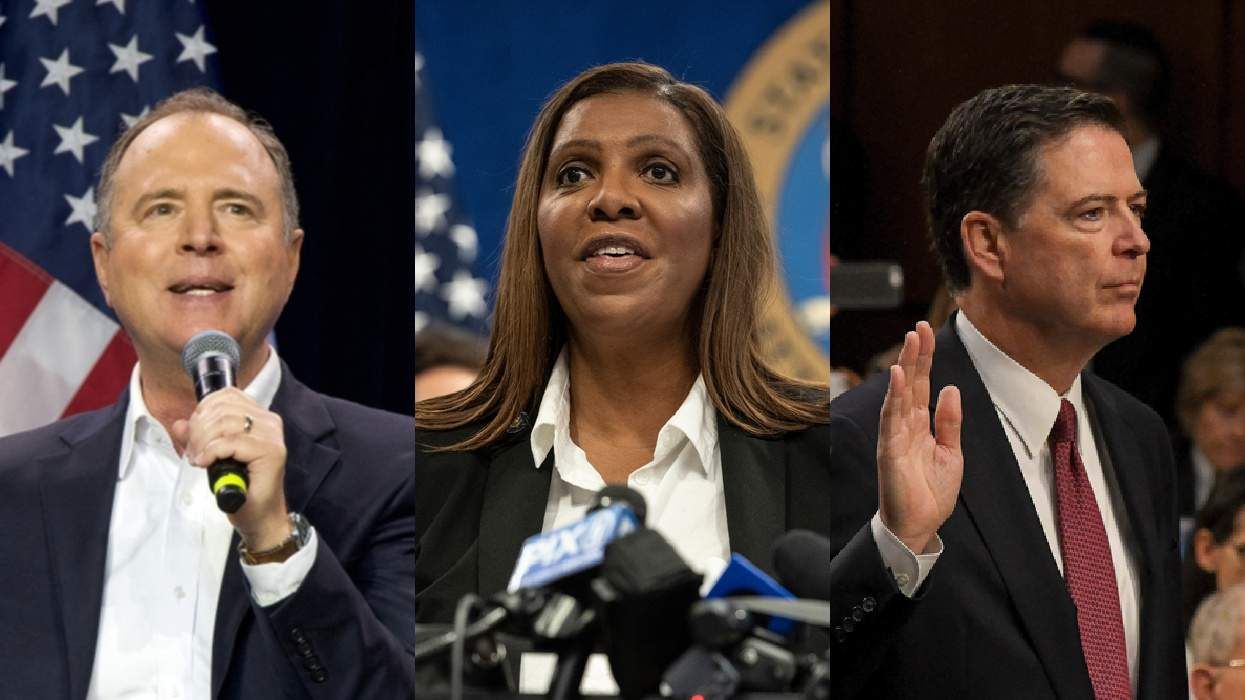















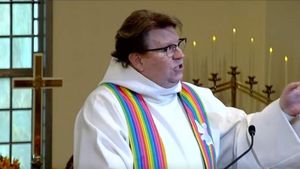









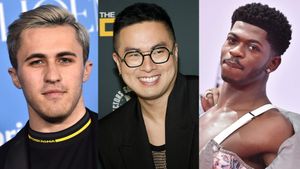

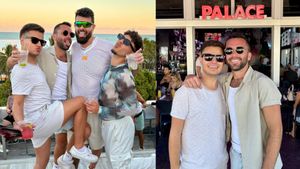



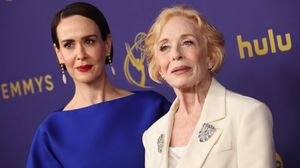
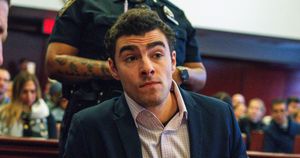







Charlie Kirk DID say stoning gay people was the 'perfect law' — and these other heinous quotes